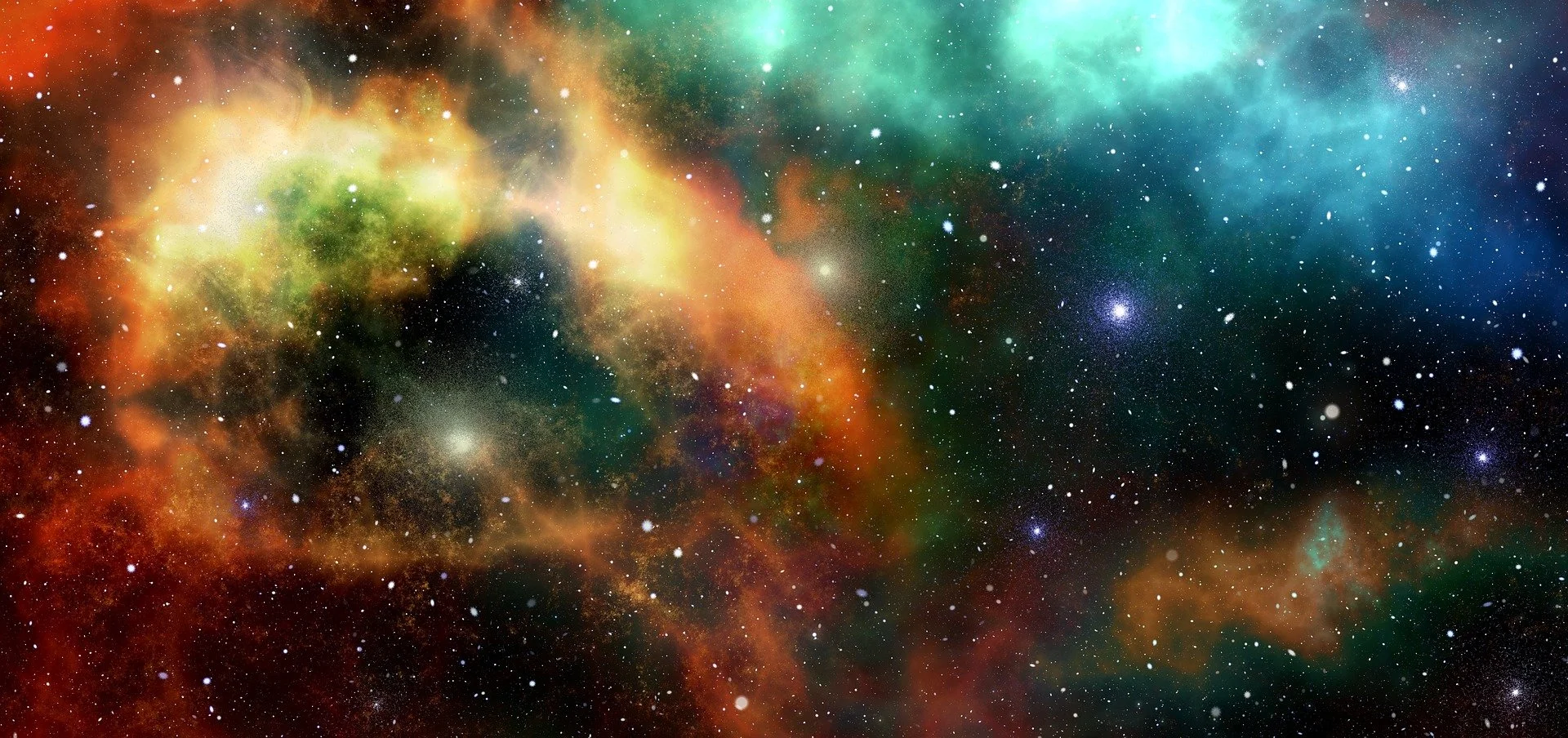New research puts age of universe at 26.7 billion years, nearly twice as old as previously believed::Our universe could be twice as old as current estimates, according to a new study that challenges the dominant cosmological model and sheds new light on the so-called “impossible early galaxy problem.”



deleted by creator
Yeah, I’m not convinced, either. It seems like every couple of years, someone puts out an announcement that Lambda CDM is dead, other scientists take a look, and a much quieter announcement correcting their work gets put out.
Yes, this is a bit frustrating. Part of the scientific method is to propose new hypothesis, and that’s what the original author did, so no issue with that. But then there is a chain of increasingly pop-sci media that hype some of these hypotheses as they were already confirmed and accepted by the mainstream scientific community, which is not the case. For example, the title of the article, “New research puts age of universe”, that is pure clickbait, the correct tense is, being very generous, “could put”.
And when this happens in a field like cosmology, it’s relatively harmless. But the same happens in fields that have a more direct impact in the general public’s life, like the usual “a couple of years ago they said eggs were unhealthy, and now they say we should eat 5 per day”. And the effect is that people stop trusting the recommendations of the experts.
https://doi.org/10.1093/mnras/stad2032
I wasn’t able to read the actual paper since it’s behind a paywall, but it’s not exclusively a TL model. They say this in the abstract:
The idea of evolving fundamental constants is pretty mind blowing to me. Is this a well based theory?
I mean, it’s a bold idea, but I don’t find it so shocking.
It’s well possible that what we call a “fundamental” constant is a variable that depends on other deeper variables. For instance, an earth-bound observer might consider acceleration in freefall to be a constant, but knowledge of universal gravitation tells us it’s a variable that depends on the masses of the objects involved and distance between them.
It makes sense that other ostensible “fundamental constants” are also dependent on the structure of the universe at any given point in space and time, but the limited window of our observations makes them appear as constants.
Sure, but I wouldn’t call gravitational acceleration on earth a fundamental constant, since it’s only locally useful. If something like the charge on an electron started changing though, then there would be profound consequences on the way the universe works
I don’t disagree; I was using g as an example of a variable that appears constant under a specific set of circumstances. Obviously the charge of an electron is much more consistent.
deleted by creator